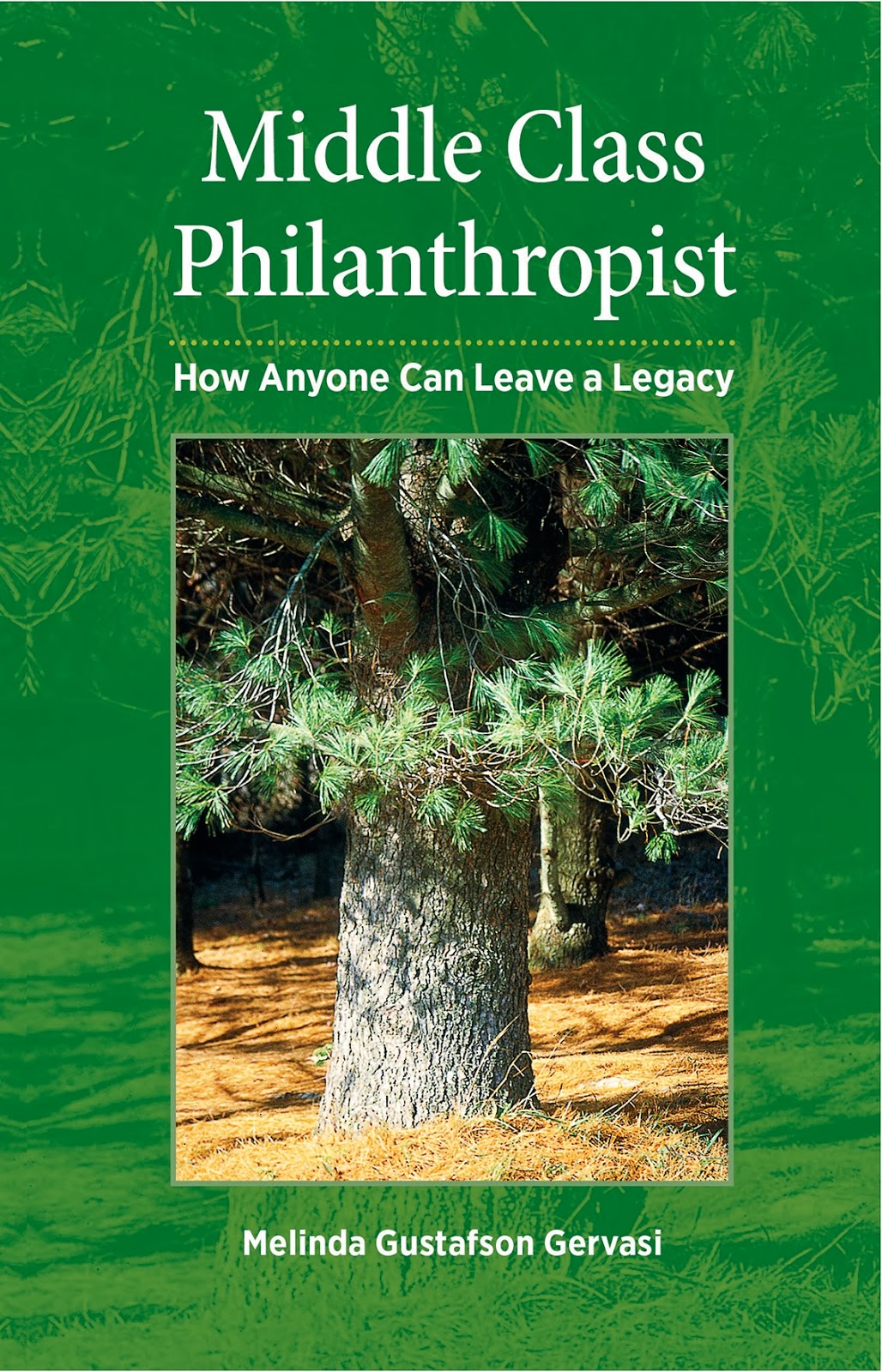Why? The probate process is public. And the function of a will is to tell the probate court what to do, and it is a court record visible to all. Now procedures can be taken to protect the decedent. Blackening the number out is not an option, and may actually violate the law of the state you are in. Here in Wisconsin my go-to method is to petition the court to keep the matter closed. It is not perfect, nothing but a will without a SSN is perfect, but it gets the job done.
And there is reason for concern. Identity theft of all kinds is on the rise in our country. And death does not protect one for identity theft. In fact, it may push you higher on the list of would-be-thieves. Even your death will not prevent someone from syphonning off your last income tax refund or using your information to obtain a drivers license.
Only a minority of Americans have actually done a will. If you have, but it has been a decade more, you might want to pull it out and look it over. If a SSN is listed, it might be time for an upgrade.
Thanks for reading, and remember a blog is not legal advice. Please consult an attorney in your state for advice specific to your situation.





